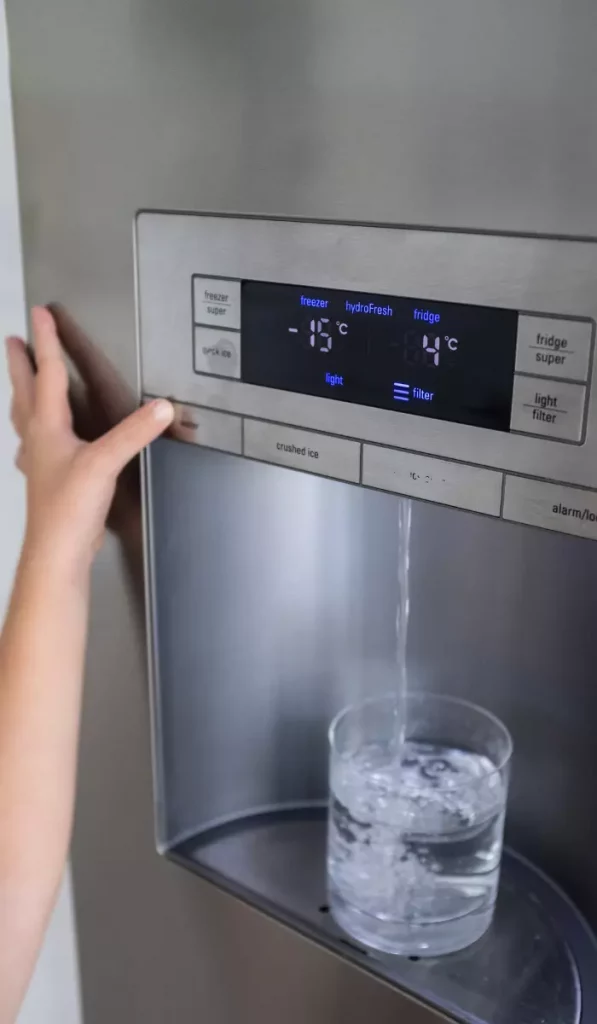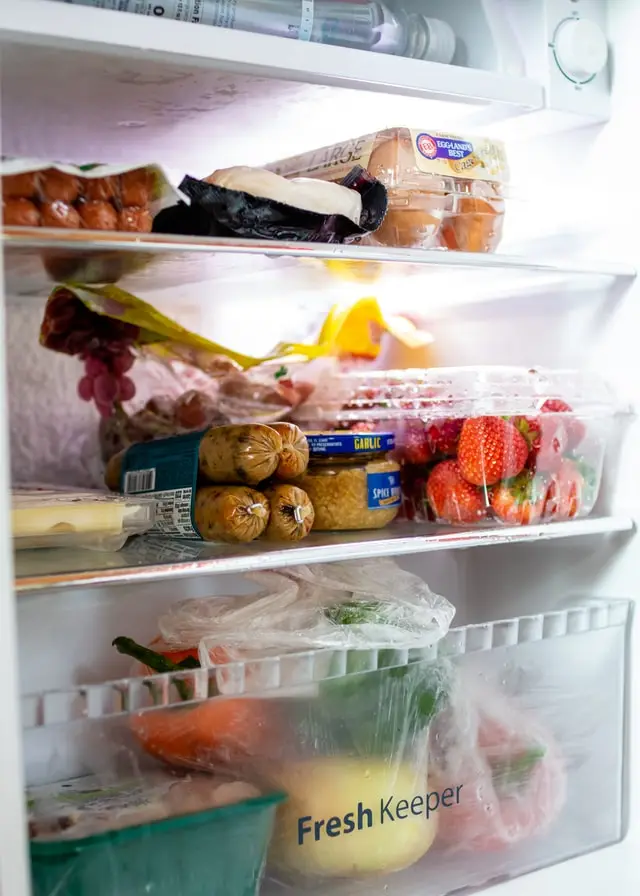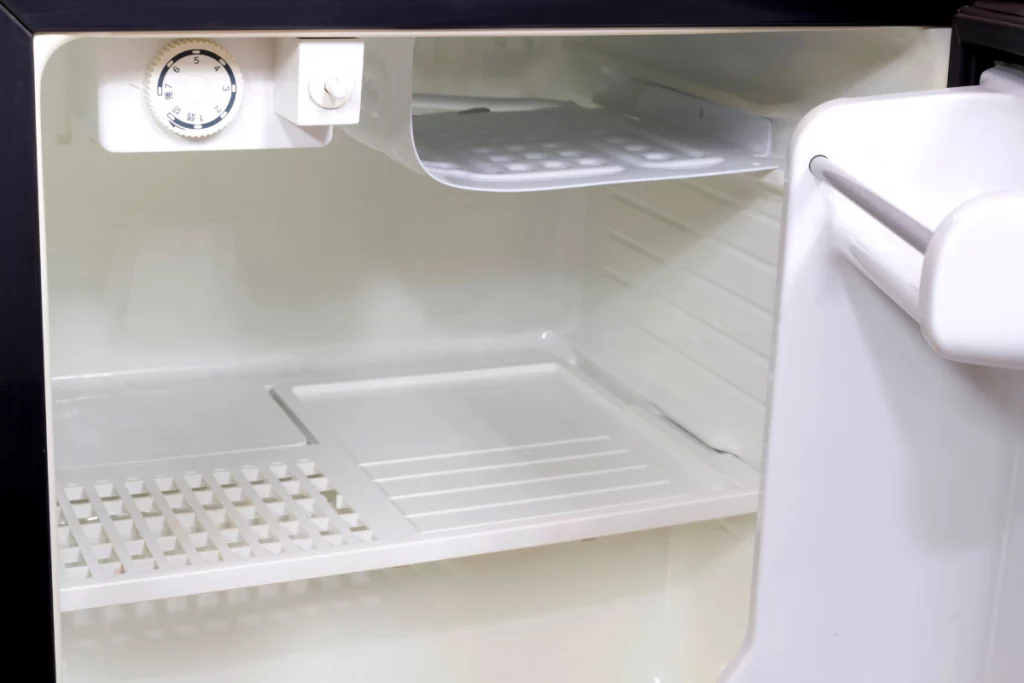Ever thought about leaving your refrigerator unplugged for a while? Maybe you’re taking an extended trip, downsizing, or you’ve got an extra fridge you’re not using right now. Whatever the reason, you might wonder if it’s okay to leave it off for an extended period, like a year. This article breaks down the ins and outs of what happens to a fridge during prolonged inactivity and how best to prepare it. Let’s get started!
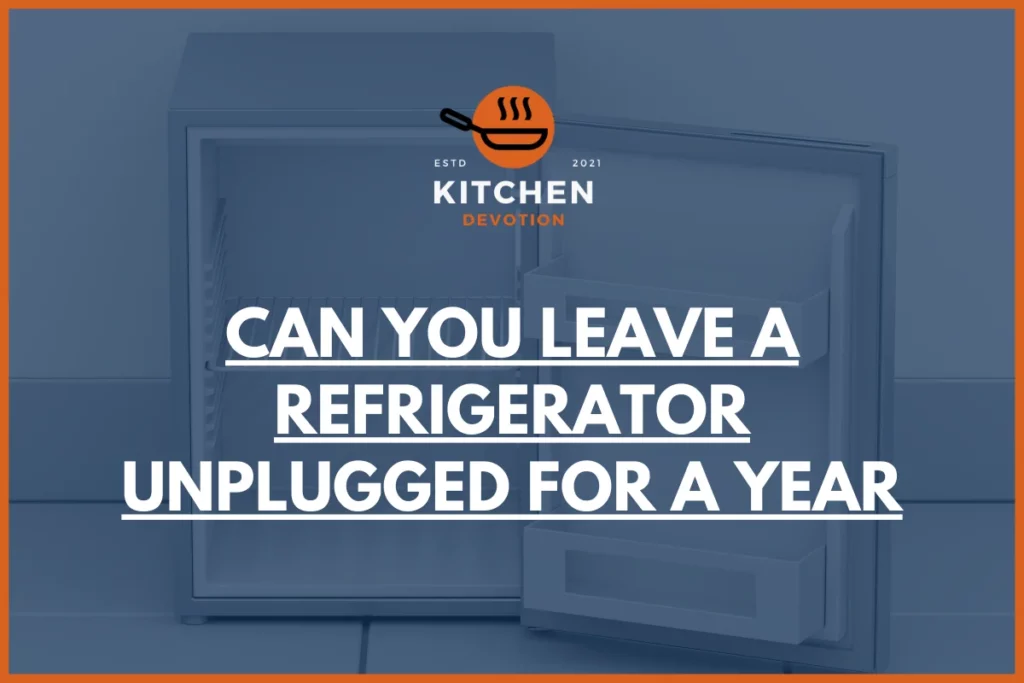
Table of Contents
Can You Leave a Refrigerator Unplugged for a Year?
At a glance, there’s no immediate harm in leaving a refrigerator unplugged for a year. Electrical appliances are designed to be turned off, after all. But when we think about leaving a refrigerator unplugged, it’s not just about the electricity. It’s also about the components and the internal environment of the fridge.
Here are some points to consider:
- Efficiency: Over time, the lubricants in the compressor can settle or thicken. When you decide to plug it back in after a long hiatus, the compressor might face some initial resistance, which could wear it out sooner.
- Odor: Any residual moisture or leftover bits of food, even if minuscule, can lead to mold and mildew. This isn’t just about a bad smell; it’s a health concern, too.
- Seals: The rubber seals around the door, which keep the cold air in, might harden or get brittle if the fridge isn’t in use. This could affect the fridge’s efficiency when restarted.
So, while it’s technically possible to leave it unplugged, there are consequences to think about. The next section will offer some guidance if you decide to go down this path.
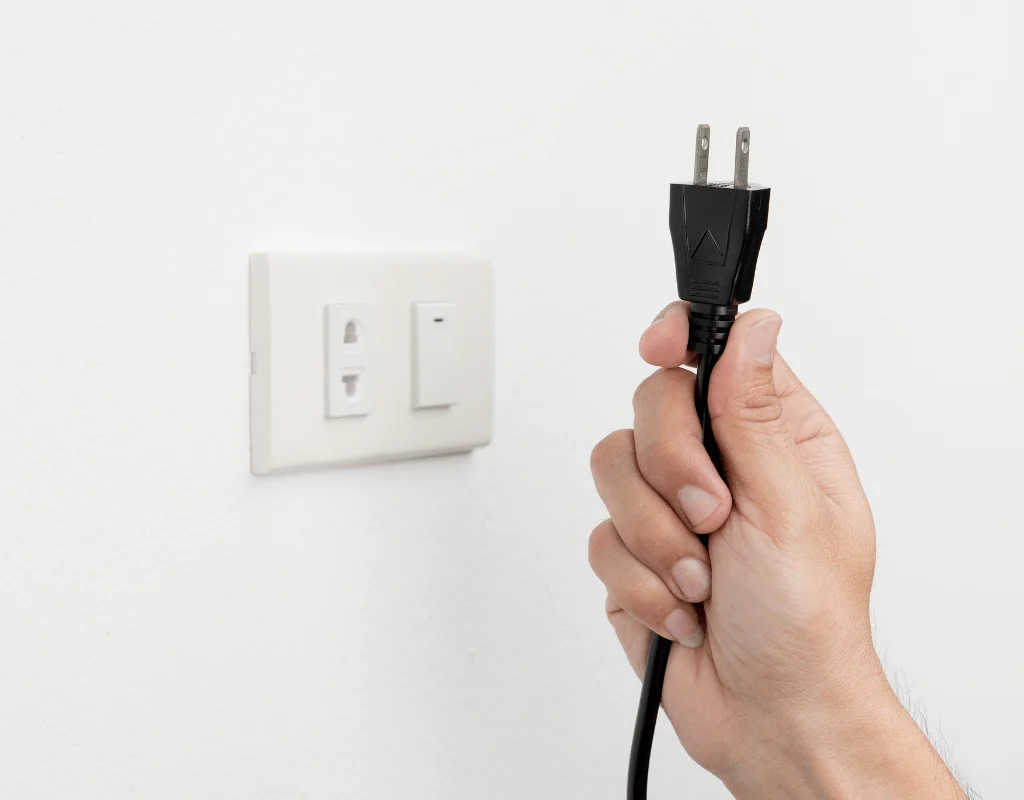
How to Prepare Your Refrigerator for Unplugging for a Long Time?
If you’ve decided to unplug your refrigerator for an extended period, preparation is key. By taking a few thoughtful steps, you can ensure that your fridge will be in good condition when you’re ready to use it again.
- Clean Thoroughly: Start by removing all food items. Then, using a mixture of warm water and mild soap, wipe down all the interior surfaces of the refrigerator and freezer. For stubborn stains or residues, a solution of equal parts water and vinegar can be effective.
- Dry Completely: After cleaning, it’s crucial to ensure there’s no lingering moisture. Wipe down all surfaces with a dry cloth and leave the doors open for several hours to air out. This step helps in preventing mold and mildew.
- Remove & Store Shelves: If possible, take out the removable shelves and drawers. This not only allows for better airflow but also reduces the risk of them cracking or getting damaged during the storage period.
- Coil Care: Clean the coils located on the back or beneath the fridge. Over time, these can accumulate dust, which affects efficiency. A soft brush or vacuum can do the trick.
- Unplug and Defrost: Before unplugging, if your fridge isn’t a frost-free model, allow it to defrost. This might take several hours. Once done, ensure any water from the defrosting process has been thoroughly cleaned up.
- Positioning: If you’re storing the fridge in a garage or storage unit, try to keep it in an upright position. Tilting can cause the oil in the compressor to move out of its designated area, which can lead to complications when restarting.
By following these steps, you can rest easier knowing that your fridge is ready for its hiatus and will be in a better position for efficient operation upon your return.
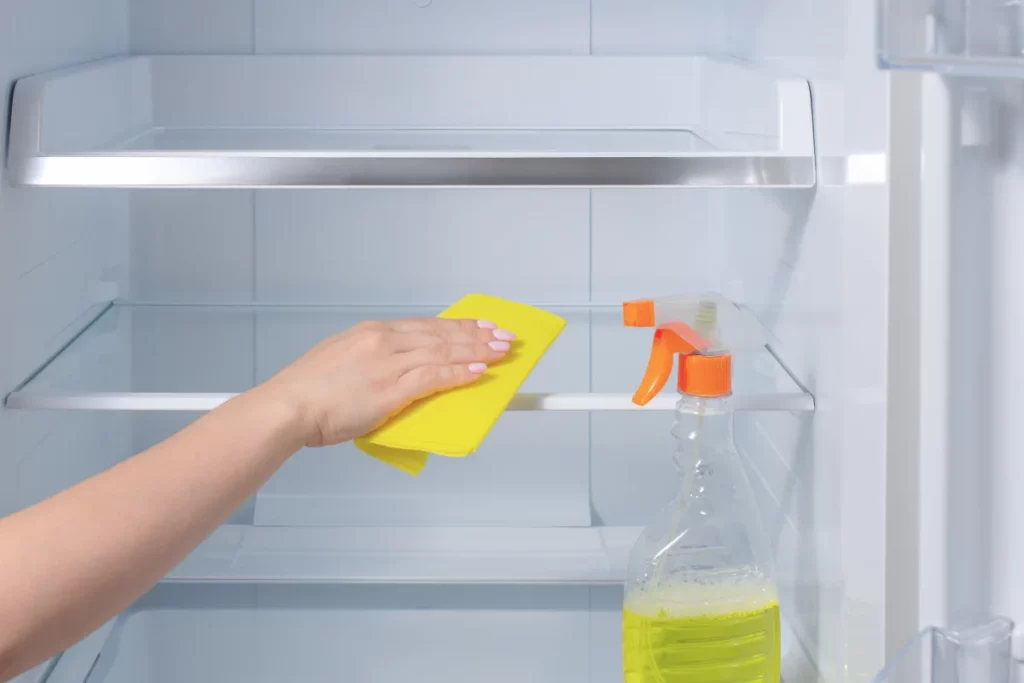
Should You Leave the Door Open When You Unplug Your Fridge for a Long Time?
One of the common questions people ask when unplugging their refrigerator for an extended period is whether or not to leave the door open. It’s a valid concern, given the internal environment of fridges.
Benefits of Leaving the Door Open:
- Air Circulation: Leaving the door slightly open ensures that air circulates within the fridge, reducing the risk of mold and mildew growth due to trapped moisture.
- Odor Prevention: With better air circulation, there’s a reduced risk of any unpleasant odors developing inside the appliance.
Cons of Leaving your Fridge door open:
- Dust and Pests: An open fridge in a garage or storage space can invite unwanted guests, like rodents or insects. Additionally, dust can accumulate inside over time.
A Middle Ground: If you’re concerned about both mold and safety, consider using a device or mechanism that keeps the door slightly ajar – just enough to allow air circulation but not wide open. Some people use a ball or block to serve this purpose.
In conclusion, while there are benefits to leaving the door open, it’s crucial to weigh these against the potential risks. Based on your storage location and circumstances, you can decide the best approach for your refrigerator.

How Do You Store a Refrigerator When Not in Use?
When it comes to storing a refrigerator that’s not in use, the “where” and “how” matter significantly. Proper storage can prevent potential damage and ensure your fridge remains in optimal condition even after a long break.
- Choose a Dry Location: Damp or wet places can accelerate the rusting process and encourage mold growth. Whether it’s a corner in your garage, a storage unit, or a space in your basement, ensure the location is dry.
- Elevate the Fridge: Placing a piece of wood or a pallet under the fridge can prevent it from direct contact with the ground, especially if the floor might get cold or damp.
- Keep It Upright: It’s always best to store a refrigerator in its natural upright position. Laying it on its side can disrupt the refrigerant and the internal oils, which can complicate things when you’re ready to use it again.
- Avoid Direct Sunlight: Constant exposure to sunlight can fade the refrigerator’s color and might affect some of its plastic components.
- Cover, But Don’t Seal: While it might be tempting to wrap the fridge up tightly to protect it from dust, doing so can trap moisture. Instead, use a breathable cloth cover that shields the fridge from dust but allows it to breathe.
- Maintain Distance: If you’re storing more than one appliance or several items together, ensure there’s some distance between them. This avoids scratches and allows for better air circulation.
- Check Periodically: Even when stored, it’s a good idea to check on your fridge every few months. This helps you catch any potential issues, like mold growth or rusting, early on.
Remember, the goal is to make sure that when you’re ready to plug in and use your refrigerator again, it’s as good as when you left it. Proper storage plays a pivotal role in this.
Conclusion
Storing a fridge for a long time isn’t just about unplugging it. With a few thoughtful steps, you can ensure it stays in good condition. Clean it, keep it dry, and store it right. That way, when you’re ready to use it again, it’s good to go. After all, a little care goes a long way in ensuring our appliances serve us well when we need them.

